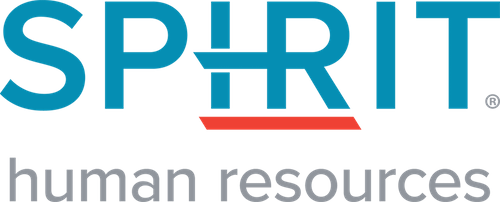Families First Coronovirus Response Act

Many of you have been anxiously awaiting the final version H.R.6201, the Families First Coronavirus Response Act. On Wednesday (March 18) the U.S. Senate passed the bill and the President signed it. The legislation will extend assistance to individuals affected by the COVID-19 outbreak. The bill will become effective April 2, 2020.
This Act includes many provisions which apply to employers, such as paid sick leave for employees impacted by COVID-19 and those serving as caregivers for individuals with COVID-19.
Summary
- Requires employers with fewer than 500 employees to provide up to 12 weeks of job-protected leave related to caring for a child via an expansion of the Family and Medical Leave Act (FMLA) with the first 10 days unpaid.
- Requires employers with fewer than 500 employees to provide up to 80 hours (generally two weeks) of emergency paid “sick” leave to full-time employees with special rules for part-time employees.
- Provides tax credits for required paid sick leave, paid family and medical leave and certain health plan expenses.
- Requires group health plans, health insurers and government programs to provide free coronavirus testing.
The two provisions providing paid leave to employees forced to miss work because of the COVID-19 outbreak are outlined in the document linked below. They include an emergency expansion of the Family Medical Leave Act (FMLA) and a new federal paid sick leave law.
There is no guidance yet on which businesses might qualify for an exemption.
Latest Blogs from Spirit HR
Your Quick Guide to E-Verify
The federal E-Verify program has been around in some form since 1996, and it’s only getting bigger. With Florida joining the program earlier this year, around half of all states now require E-Verify participation in some way. Enrolling in the program isn’t difficult,...
3 Reasons to Outsource Your HR
Navigating the complexities of HR management can be a daunting task for businesses, especially when streamlining operations and optimizing costs are crucial for success. Outsourcing your HR functions can be a game-changer, providing the breathing room you need as a...
3 Steps to Improve Health and Safety Compliance in Your Workplace
Health and safety are two terms that can seem tedious concerning the workplace, but ignoring them and the standards they entail could result in injury, illness or even death. Prevention and preparation are integral to a safe, happy and compliant organization. Here are...
